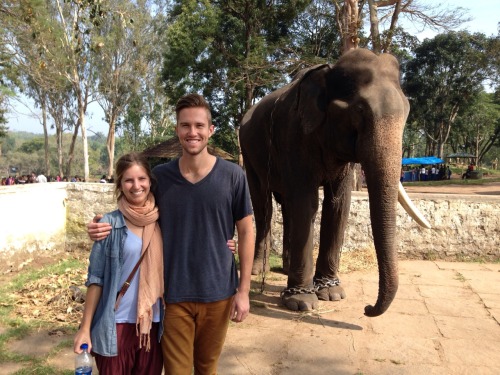
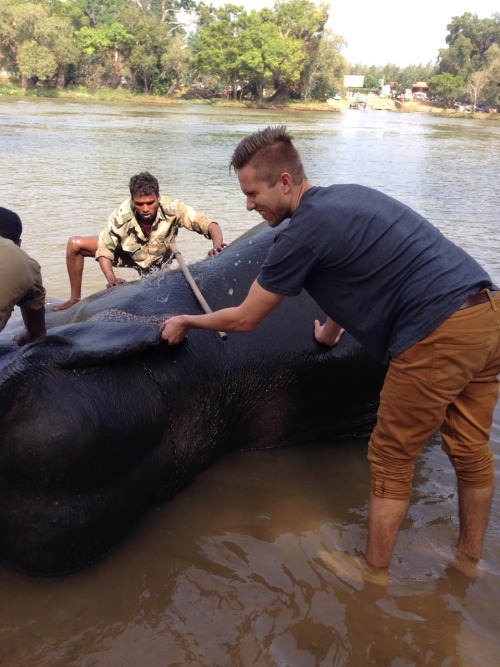
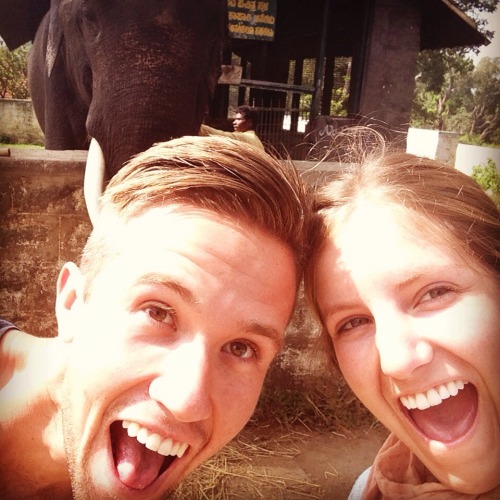
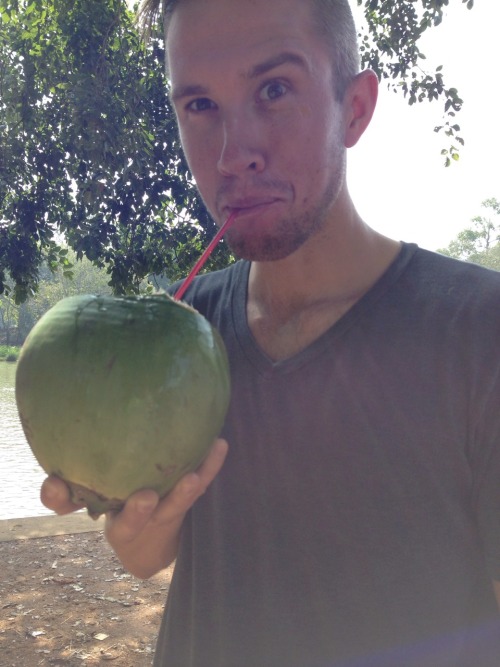
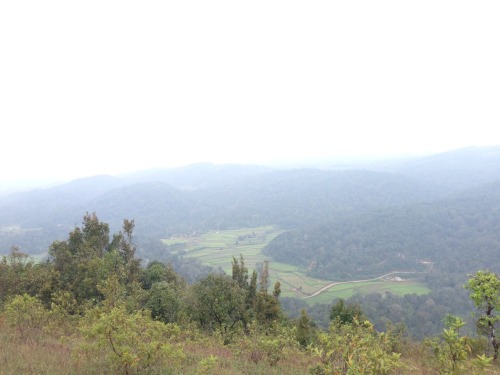

Hayden’s Visit to India pt 1! We started off in Coorg with hikes and elephants!






Hayden’s Visit to India pt 1! We started off in Coorg with hikes and elephants!

“My Frontier Market Scouts training experience in Salt Lake City was a great introduction into the nuances of domestic social enterprise and impact investing,” says Anna-Lisa Bowans, an alumna of the first ever US-focused version of the FMS training. “When I returned home after working in Bangalore as an IDEX fellow, I didn’t have an established network in the domestic social enterprise field – the big players and their set of priorities weren’t totally apparent.”
The Frontier Market Scouts (FMS) program provides a career pathway into social venture and impact investing, by selecting and training participants and putting them in touch with social investors and key players in the field. In 2011 FMS was jointly developed by the Monterey Institute of International Studies (MIIS), Sanghata Global, and Village Capital. The program was first launched with intensive trainings held on the MIIS campus with attached field assignments taking place in capital-weak regions all over the world.
In just three years, FMS has rapidly grown into a leading global training program for social enterprise management and impact investing and has since developed training centers located in Monterey, Salt Lake City, Amsterdam, and Ashesi. Each FMS training center features a unique environment for offering its’ participants a launching pad into the social enterprise management and impact investing space.
The FMS Salt Lake City training held at the Sorensen Global Impact Investing (SGII) Center at the University of Utah is offered January 11-24. This particular training center continues to offer a domestically focused curriculum and career development track as part of the growing social economy space in the US.
“We had a lot of opportunities to network with leading practitioners and hear inspiring entrepreneurial stories that really addressed a whole business trajectory—from business plan, investment, scale to exit—and even failures along the way” said Anna-Lisa who leveraged the FMS network to nab her current position as Impact Account Manager at MobileWorks, a Berkeley-based crowdsourcing platform.
The application deadline for FMS Salt Lake City has been extended until December 6, 2013. Click here to apply.
To learn more about FMS, please visit: http://www.fmscouts.org or email our team at fms@miis.edu.
As we come up on our November 23rd Investor Demo Day in Bangalore (edupreneursdd.eventbrite.com) and all our Edupreneurs are working on their final pitches, I’ve also been thinking about effective messaging. When you get down to it, pitching a business is all about effective communication. In my career as a student, my time in the Silicon Valley Export Assistance Center, and now as a market scout, I’ve seen my fair share of pitches, presentations and demos. A few tips to make sure your message gets across in a way that’s friendly to the listener.
#1 Slides are for visuals, not text
As a presenter, you are supposed to give the listener the information they need- in words from your mouth. Technology is for visuals: photos, graphs, charts, and timelines only. For examples of great presentation style with proper use of visual aids, watch a TED talk. They have it down to a science, plus you’ll learn something cool.
If you’re going to read your slides, what’s the point of presenting? Any slide deck with all the presentation content on it is ONLY for the purpose of email correspondence (though I’d personally prefer an interesting 3 minute video to a slide deck- but that’s personal preference, not industry standard). Please do not use the email slide deck for live presentations.
This leads me to #2… Know your stuff and be confident
A simple concept, but many people overlook the importance of practice. Practice the presentation and know the answers to FAQs about your product. If you can rattle stats off the top of your head without looking at the slides, even better.
#3 Brevity
The point of the pitch is to make investors curious enough to have a follow-up conversation. Hit all the important parts of your business in a pitch and make sure you’ve put the time in to understand what’s critical and what’s not. A great mind once said, “If I had more time, I would have written a shorter letter.” So true. Put the time in.
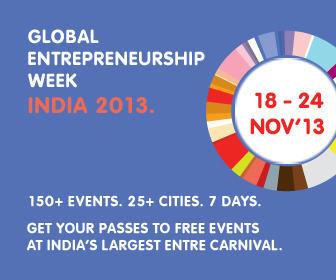
In case you were wondering what work I actually do here, pay close attention! Over the past couple of months, I’ve been on a team here at CIIE working to set up the foundation and events for Global Entrepreneurship Week in India, serving as the event partnership coordinator. It’s involved calling and emailing any and everyone in India who runs events focused on entrepreneurship and getting them to join with us by holding their events under the banner of GEW.
I’m excited to say that after the late nights and stressful times, GEW is just one day away! India is still relatively new to the game when talking about entrepreneurship and is miles behind the startup culture we have in Silicon Valley, but I’ve been encouraged with some of the response we’ve received so far. This country just has a LOT of people and there are bound to be countless entrepreneurs amongst them. Sometimes we leave out the small fruit vendor or the restaurant owner when we talk about entrepreneurship, but entrepreneurship is alive and well wherever you look. What lags behind in India is the culture and structure around these enterprising individuals that can help people express their ideas and push them to the next level.
GEW isn’t exactly what I came to India to do, but it’s opened my eyes to the role of ecosystem development and the sheer power of people sharing common goals. I had a chance during my last trip to Delhi to sit in on a meeting where grassroot leaders of the entrepreneurship community sat down together on the rooftop of a coworking space and discussed ways they could hold a series of events to train a new generation of leaders for their entrepreneur communities. While there may be some commercial benefit as well, ultimately these guys were giving up their free time because they believed in a goal and wanted to see what they could do as active members in their communities to make it come to life. Just a couple weeks later, their efforts attracted the attention of a large government-affiliated organization, who has offered full support of their events and is helping to grow it to new levels.
While GEW may not be a solution to the gap in the system, I’m excited to see what ends up coming out of it. Funding, useful connections, empowerment, corporate buy-in…these are all things that I can say that at the end of the day I was able to support and help actualize. If you want to find out more about GEW, I would encourage you to check out the GEW Global page or the GEW India page to see what we’ve been up to. Next time I’ll post about some of the awesome events that happened throughout the week!

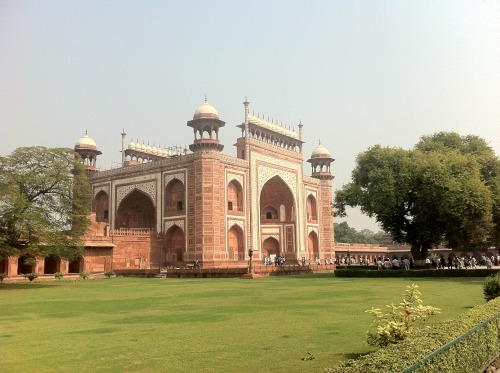


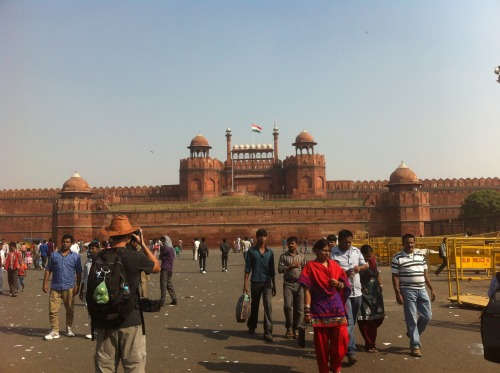
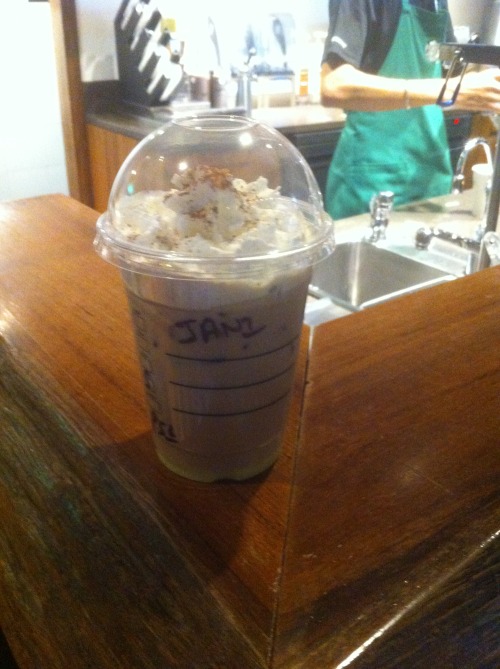

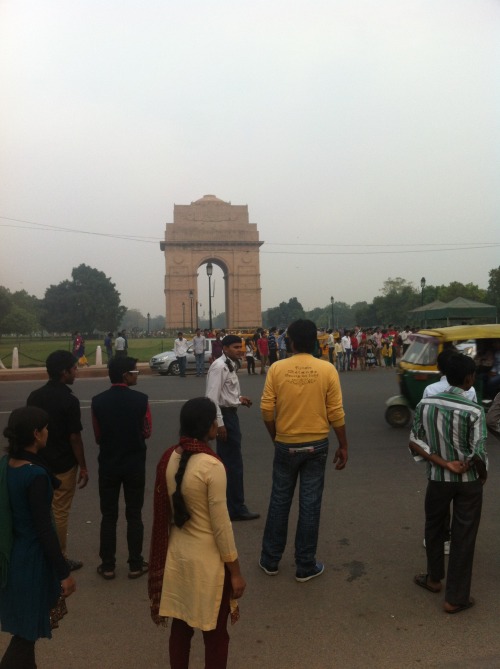
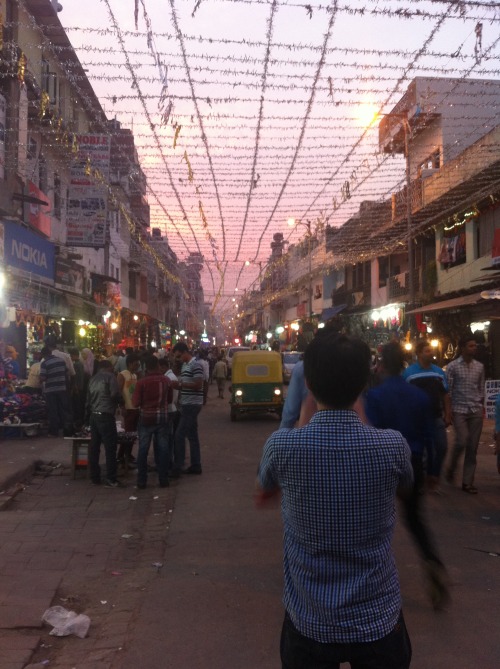
Diwali in Delhi
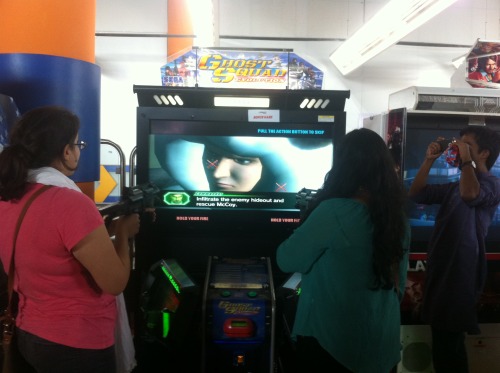



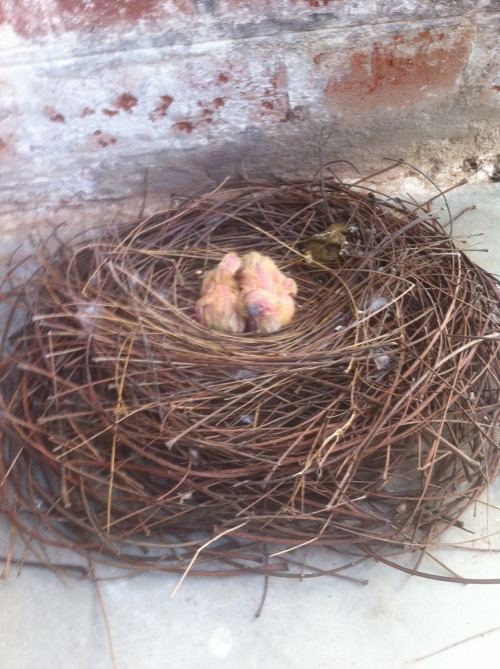
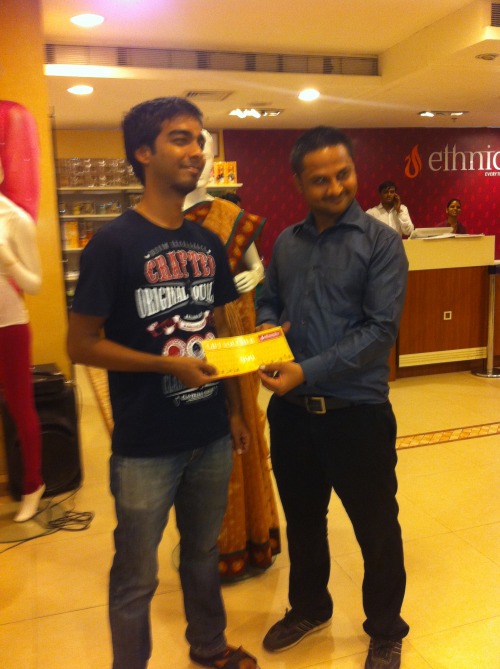

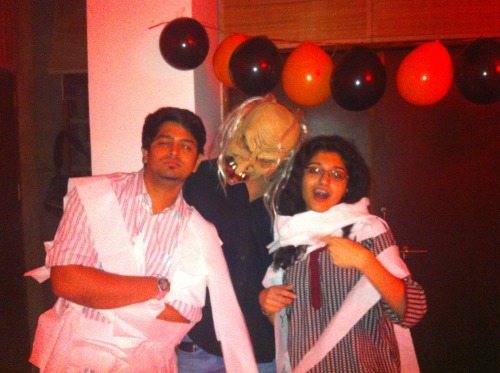
Random shenanigans
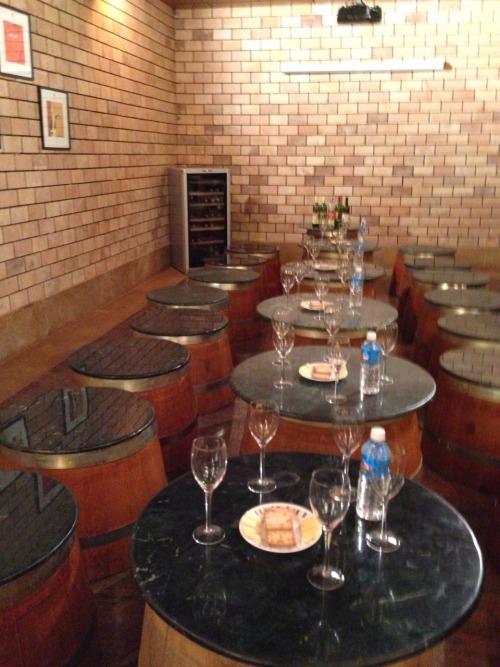
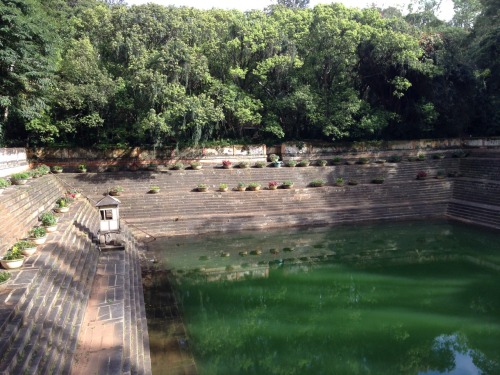

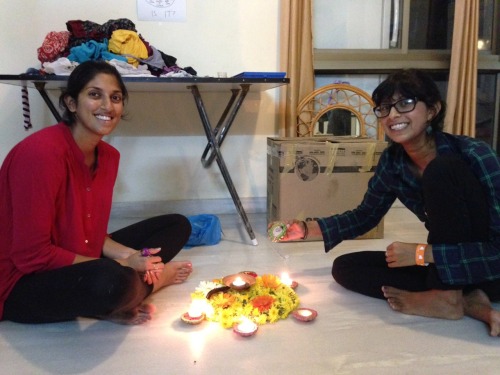



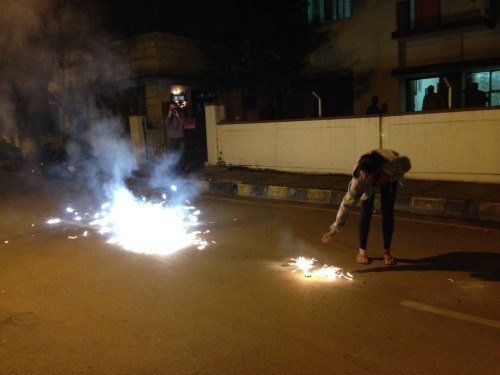
Happy Diwali!! Fun weekend in Bangerz featuring Grover winery, Nandi Hills and crackers!
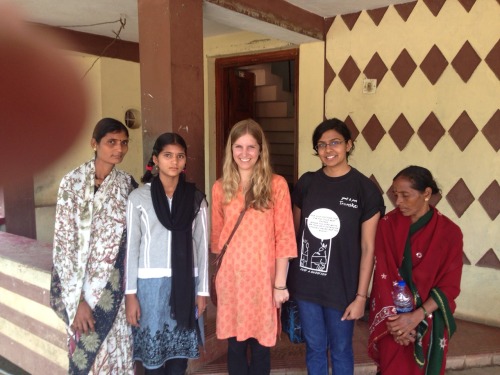
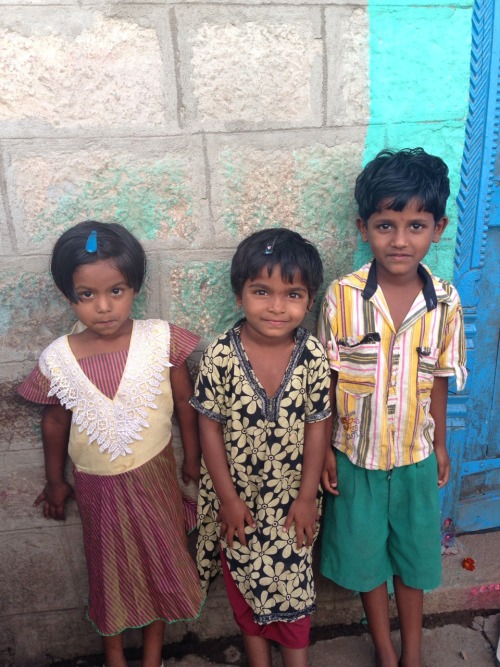
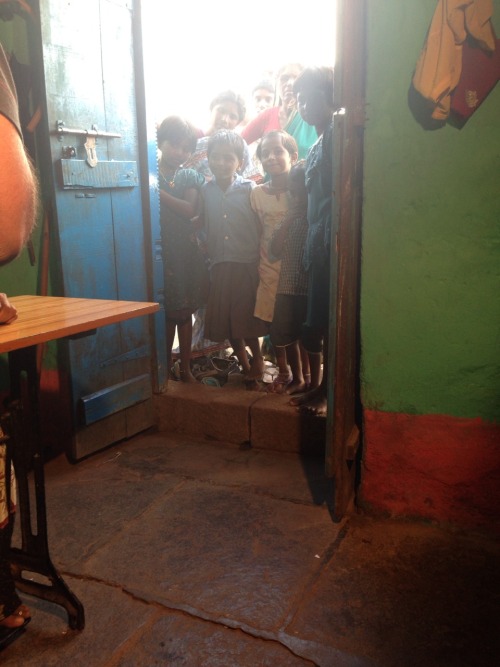
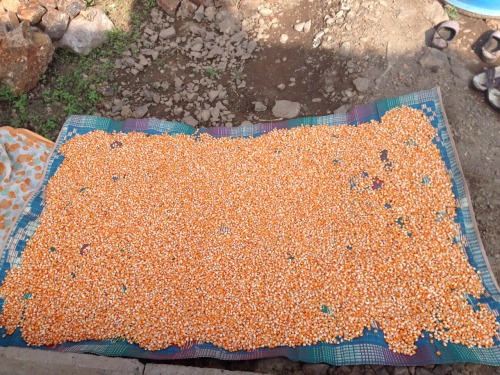
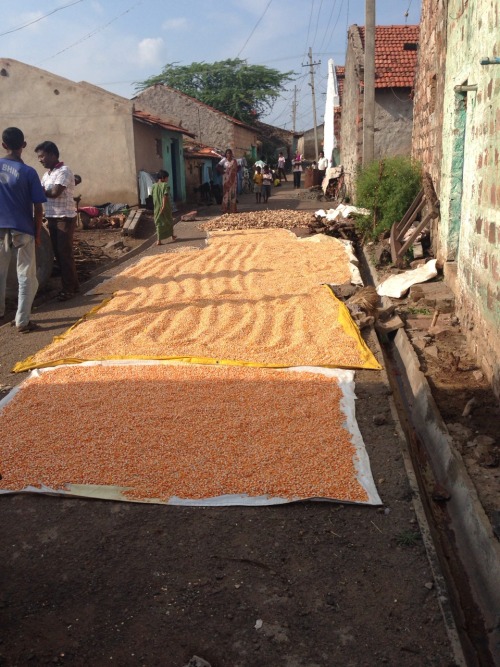
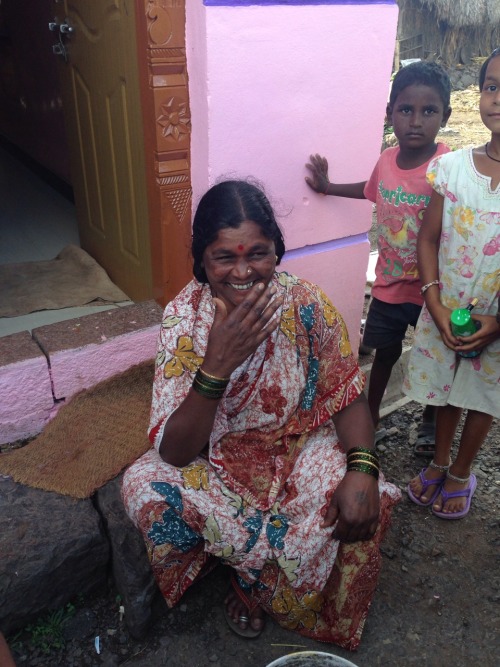
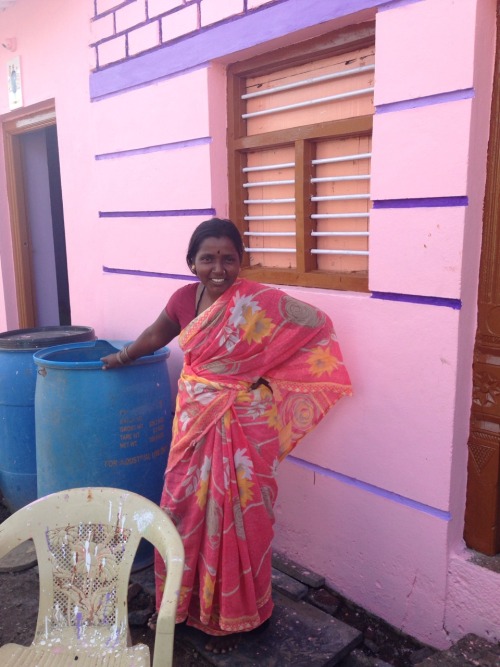
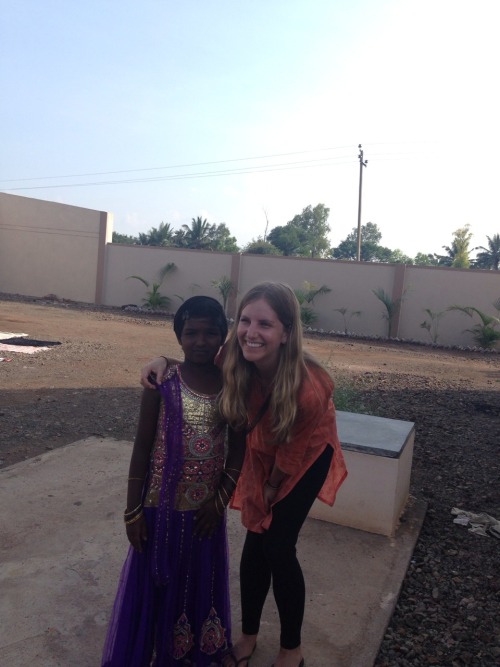
Quick trip to Gokak to film a video with milaap.org
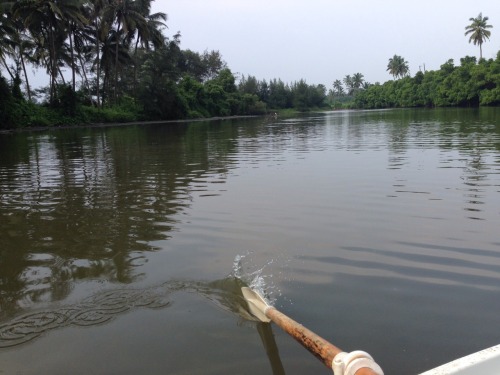
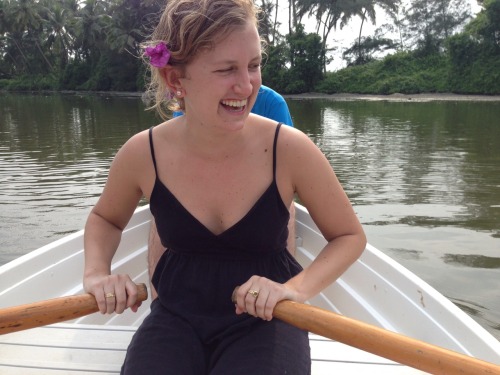
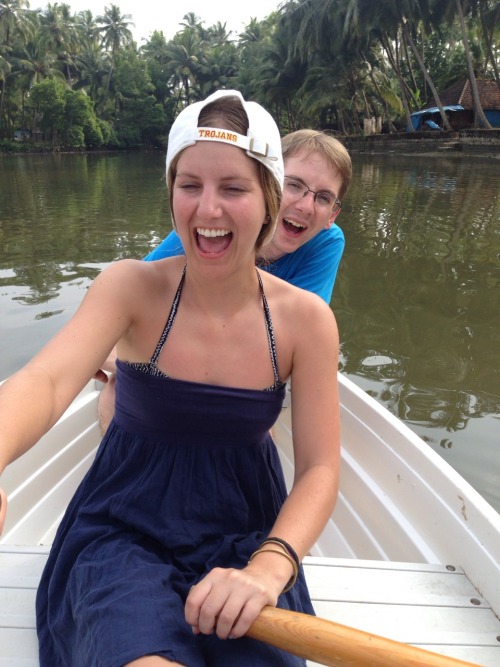
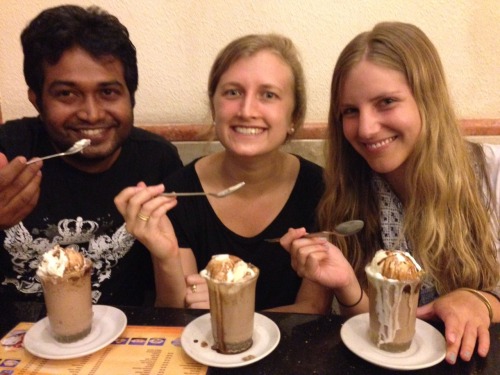
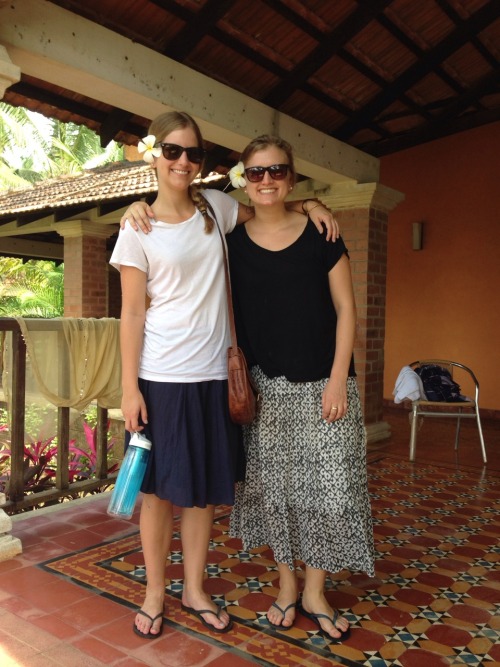
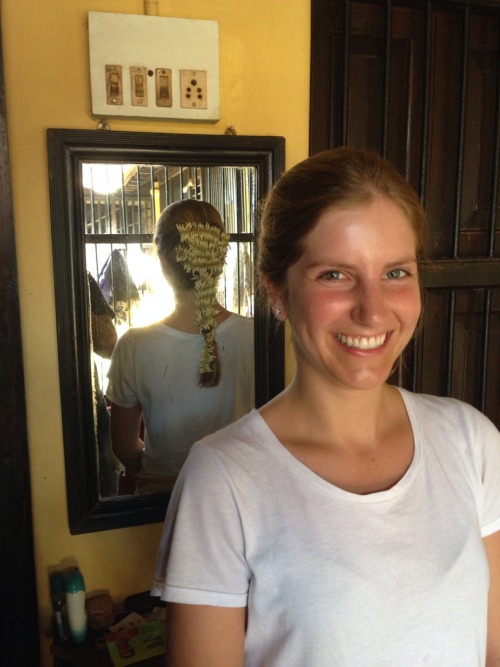
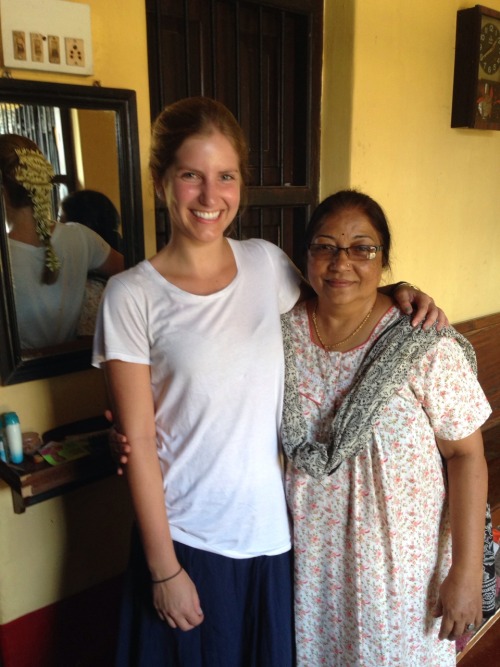
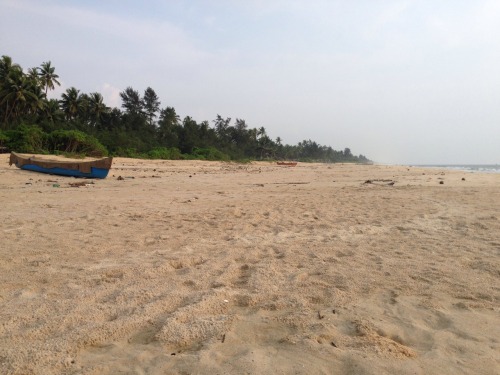
More Udupi pics! Featuring the oh holy chocolate dad and Arjun’s amazing mom!
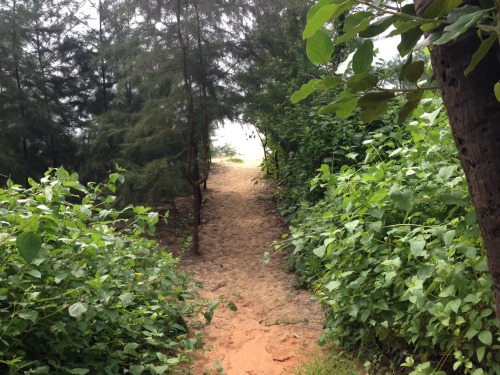
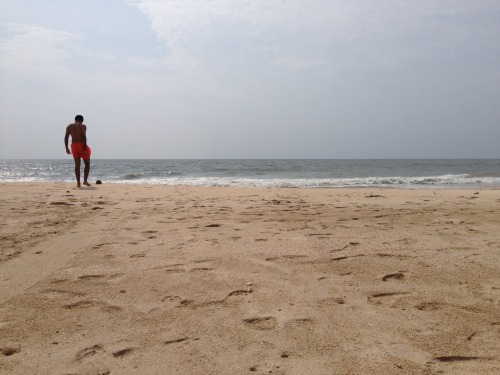
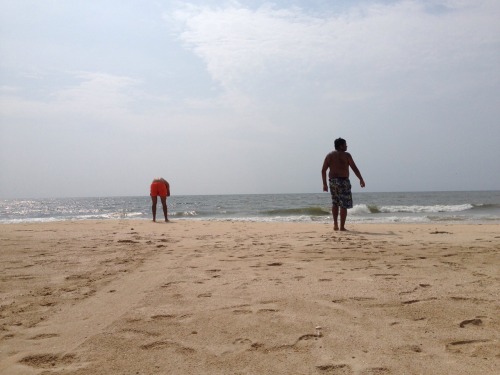

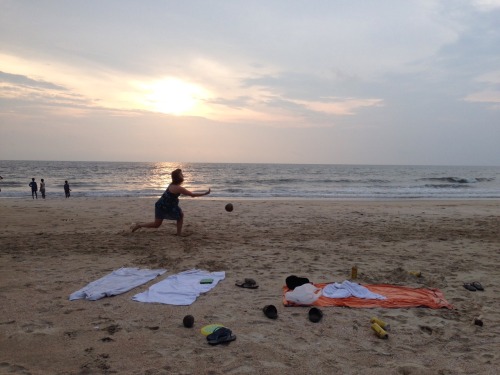
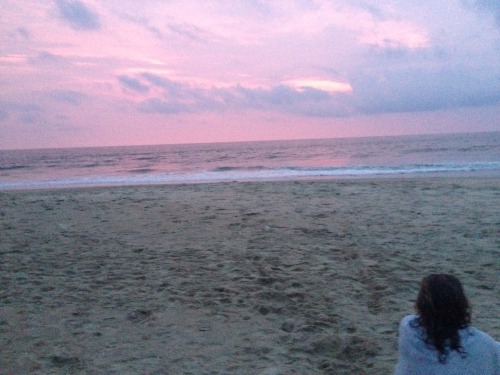
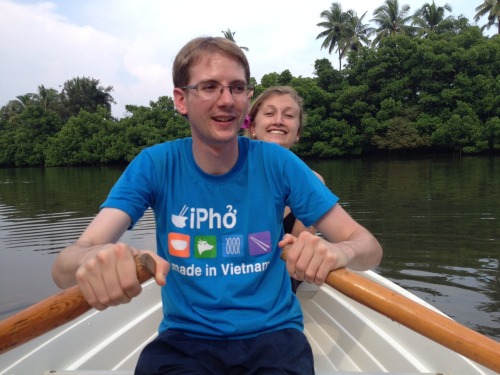
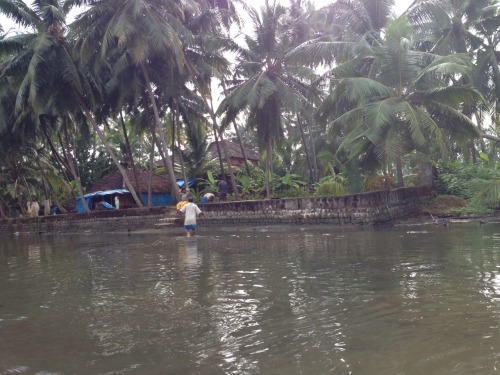
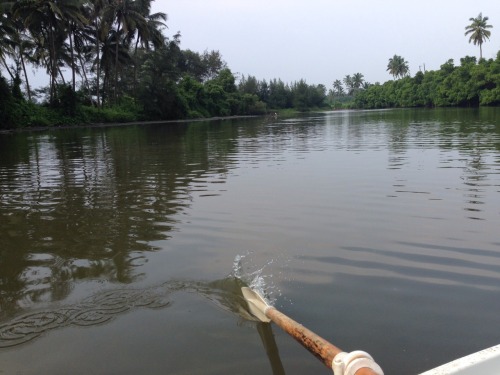
Udupi! We got to go to our friend Arjun’s home and eat amazing sea food and relax. It was glorious
We’ve been running the PALF – VilCap Edupreneurs Accelerator now for a month. The first workshop was in Hyderabad and it feels like no time at all, but I already find myself in Delhi for the second workshop, so I wanted to reflect a bit on first impressions of the Village Capital Peer-Review Model.
How did it play out so far?
The short answer: wonderfully.
All the entrepreneurs were so excited to provide peer feedback that we had to cut most conversations short to stay on schedule. The curriculum challenged the cohort to think critically about their business models and the peer review sessions helped them come up with solutions. By the end of our first four day workshop, people were happy to share their contacts and networks and went home with plenty to think about and work with before the Delhi session.
We’ve challenged our entrepreneurs to create milestones documents and we are holding them accountable to those goals they’ve set for themselves. Much of the real value of this curriculum comes during the interim time when everyone is back home and can re-work the exercises we put them through, test new hypotheses, iterate their product and take more time to think critically about building their business.
On Day 1 in Delhi, each team gave updates and all of them had found peer feedback to be helpful in re-working or re-communicating their business model. Other investors have come to me asking for first impressions to see who to keep an eye on, but after seeing how much can change in a month of our accelerator, it’s anyone’s guess who will be the most investable companies in another month. With the final rank coming up fast, the lower ranked companies have significant incentive to improve and communicate the improvement.
In Delhi, where we’ve done more nitty-gritty financial work and gone deeper into education-specific issues like pedagogy and measuring learning outcomes. Since Delhi is much bigger than Hyderabad, we were able to pull in many more helpful experts and mentors than in Hyderabad. Delhi’s schedule has been packed and feedback swift. Now that everyone understands the peer review framework, suggestions are targeted. I think we’ve managed to hit the right cohort culture with a general understanding of true vs. useful feedback, and what makes an investable company. If I had a start-up, I would be thrilled to have this much technical help and expert feedback in one room at one time.
The November 23rd Demo Day in Bangalore will showcase all of our companies at their best. Get in touch if you’d like to attend.
The second half of my trip through South India a couple weeks ago took me to Dandeli, a small but increasingly tourism-based town in the mountains, and Goa, one of India’s best beach regions.
DANDELI
It was quite the adventure to get to Dandeli, and for as fun as jumping from one local bus to another between random towns was, it was not a journey I would recommend doing unless you have your own car. I did find some enjoyment in being in part of the world where my ability was limited but still being able to get around by relying on the kindness and directions of locals.
Dandeli was a perfect respite from the hustle and bustle of Indian cities. In fact, we even got to stay in this pretty awesome treehouse right over the river.
From boating to bamboo pole fishing to going on a guided late night nature walk, it was a very nice escape into the wild. Another one of the activities we did was go to what they called a “natural jacuzzi.” This involved taking a boat over to a nearby island where there were some rapids that flow into a quiet pool. We would sit up against the rocks so the rushing water would massage (read “destroy”) our backs and then chill in the pool afterwards. I could see myself totally doing it again, but then before we knew it, it was off to Goa!
One last view from the boat on the river

GOA
Finally made it to our destination — Goa! The beaches of Goa are a popular destination for foreigners, and I am not lying when I say that the majority of people on the beaches were white. We purposely picked a nice, quiet beach and relaxed for a couple glorious days.

As I looked out onto the ocean, I thought about how European sailors used to navigate around the coast and tip of India and probably looked at the same beaches I was lounging on. It still sometimes gets me that I’m on the other side of the world right now from everything I knew in life.
The local culture in Goa is interesting, as it was a part that was settled by the Portuguese. A good number of locals are Christian here — one of the taxi drivers I had was actually named Jesus Christian, no joke. They also have this local cashew liquor which might be the most subtle and smooth liquor I have ever tasted. But no trip to Goa would be complete without trying the seafood.
Tandoori Kingfish — Amazing stuff.

So that was essentially my trip in a nutshell. Got to see a lot, hang out with FMS friends, and enjoy local culture. It was relaxing but was definitely a momentary escape in the greater picture of what I’m doing here in India. I totally believe my friends here when they say that even they haven’t seen all of India — there’s just so much going on and so much history! Definitely would like to explore some more, but for now I’m pretty happy with the sampling I’ve been blessed to experience while I’ve been here
Why We Should Stop Talking About Changing the World | Education on GOOD:
When I announced to my family and friends that I would be moving to India for six months, I think most of them imagined me in a sun-lit classroom with a gaggle of tiny Indian village children. Although that is nothing like my day-to-day life in India, I recently found myself at Hippocampus Learn…
“Forget safety
Live where you fear
Destroy your reputation
Be notorious”
– Rumi
 Pictured above and described below are the14 fabulous Education Start-ups of the 2013 PALF-VilCap Edupreneurs Accelerator. We kicked off in Hyderabad for four days of workshops in September and are about to have our second workshop in Delhi. Reflections on Hyderabad to follow.
Pictured above and described below are the14 fabulous Education Start-ups of the 2013 PALF-VilCap Edupreneurs Accelerator. We kicked off in Hyderabad for four days of workshops in September and are about to have our second workshop in Delhi. Reflections on Hyderabad to follow.
40K Plus Education (www.40k.com.au ) – sets up learning ‘pods’ in rural villages which offer gamified, tablet-based after-school tutoring to students of government and low-cost private schools.
Callystro Infotech (www.callystro.com ) – offers gamified, activity based learning programs mapped to India’s NCERT syllabus for grades 1-8 packaged in the form of an integrated curriculum delivery and management system for schools (www.cobels.in), as well as a virtual world for individuals (www.mapoosa.com).
EdWell Solutions (www.edwell.in) – operates cost-effective learning centres with an integrated multimedia tech platform to project live presentations from urban based lecturers to multiple rural locations targeting students of primary standard and also implements e-learning solutions for government schools in Uttarakhand.
Effect International (www.effect.org) – is a scalable network of sustainable, affordable private schools. A lean operational model trains qualified edupreneurs to successfully run individual schools supported by a centralized management staff with supplemental curriculum, mentoring, and quality control.
Experifun Learning Solutions (www.experifun.com )- sells kits of hands-on devices to facilitate activity based, hands-on science learning, mapped to every major education board in India.
Magic Pathshala (http://www.magicpathshala.com )- is a mobile education program with lessons to impact literacy and numeracy learning outcomes amongst primary school children in rural India.
MangoSense (http://www.mangoreader.com ) – MangoReader allows users to create, share and learn from stories using simple tools for mobile and web. Teachers, parents and educational institutions can create new stories or remix existing content for varying competencies or languages.
Sage Services – is a low cost private school chain located in Andhra Pradesh. It targets underserved communities in mid-sized rural towns to provide higher quality education at the same price as competing schools.
Scholowiz Educational Solutions (www.scholowiz.com ) – offers low-cost, high-quality consultancy, evaluation, and certification services, focusing on affordable schools, with follow-on professional development and training programs that last one calendar year and are delivered online using affordable technology.
SEED Edu Corp (www.SeedSchools.in )- invests into selective low-cost private schools, providing a bouquet of services to improve learning outcomes and operational efficiencies. Through its curriculum, training and management support, SEED will address the gaps in the low-cost private school segment that have largely gone unaddressed due to lack of resources.
Sudiksha Knowledge Solutions (www.sudiksha.in ) – is a rapidly growing chain of 22 preschools in Hyderabad which taps an overlooked labor pool of educated, usually married women with no previous professional employment experience to run franchise locations near their homes on an incentivized, profit-sharing model.
RMinds Education (www.rmindseducation.com )- is an education management company that works independently or in association with school leaders to establish, operate, manage and develop quality-driven, affordable schools in India.
TeachersLikeMe – is an affordable teacher training and certification programme that utilizes content from open source Massive Open Online Courses (MOOCs) delivered straight to teachers through a platform that integrates analytics and testing with individualized SMS follow-up assessments.
Teer Design (www.classalyze.com )- Classalyze, the flagship product of Teer, is an online platform that uses classroom assessment data to measure & improve learning outcomes. Teachers are able to design better assessments and analyze scores on a per concept level, and use insights from analysis to improve future instruction by identifying strengths and weaknesses in the classroom.